I've always believed the two best anti-poverty programs are work and marriage
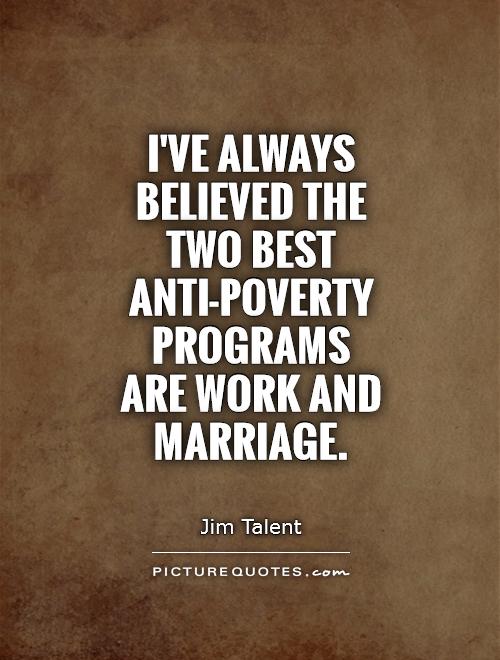
I've always believed the two best anti-poverty programs are work and marriage
Jim Talent, a former U.S. Senator from Missouri, once famously said, “I've always believed the two best anti-poverty programs are work and marriage.” This statement encapsulates a conservative viewpoint on poverty alleviation that emphasizes personal responsibility and self-reliance. Talent's words suggest that individuals can lift themselves out of poverty through hard work and stable family relationships.The idea that work is a key factor in reducing poverty is supported by research and common sense. Employment provides individuals with a source of income that can help them meet their basic needs and improve their standard of living. By working, individuals can gain valuable skills and experience that can lead to better job opportunities and higher wages. Additionally, having a job can instill a sense of purpose and self-worth, which can be important for mental well-being and overall life satisfaction.
Marriage is also seen as a potential antidote to poverty by promoting stability and mutual support within families. Research has shown that married couples tend to have higher household incomes and lower rates of poverty compared to single individuals. This is partly due to the fact that two incomes are often better than one when it comes to meeting financial obligations and building wealth. Additionally, marriage can provide emotional and practical support that can help individuals weather economic hardships and navigate life's challenges.
While Talent's words may resonate with some people, it is important to acknowledge that poverty is a complex and multifaceted issue that cannot be solved simply by working hard and getting married. Structural factors such as systemic racism, economic inequality, and lack of access to education and healthcare also play a significant role in perpetuating poverty. In order to effectively address poverty, it is crucial to consider a range of policy solutions that address these underlying causes and provide support to individuals and families in need.
Overall, Jim Talent's statement highlights the importance of personal agency and social support in combating poverty. While work and marriage can be important factors in helping individuals achieve economic stability, it is essential to recognize the broader social and economic forces that shape opportunities and outcomes for people living in poverty. By addressing these systemic issues and promoting policies that support economic mobility and social equity, we can work towards a more just and equitable society for all.
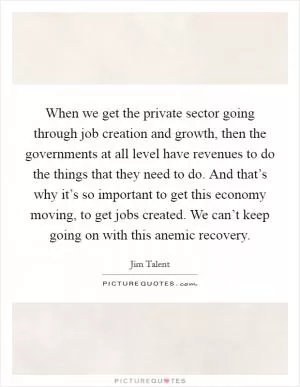
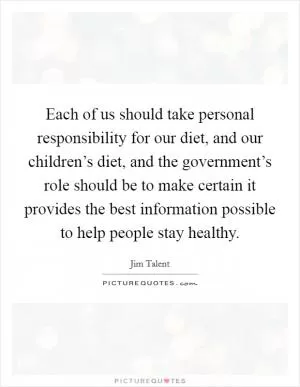
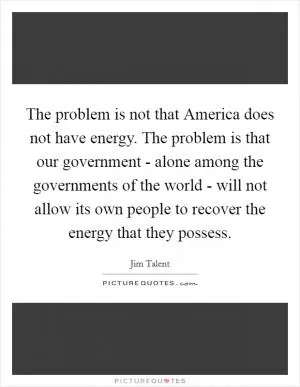

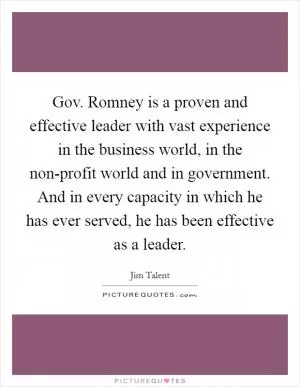
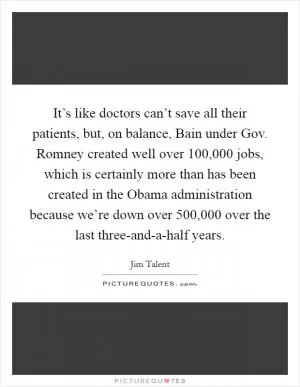
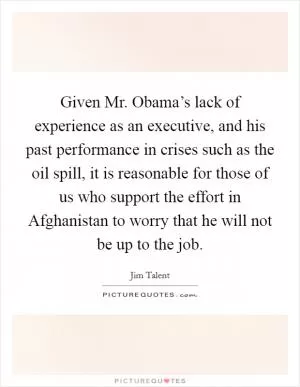
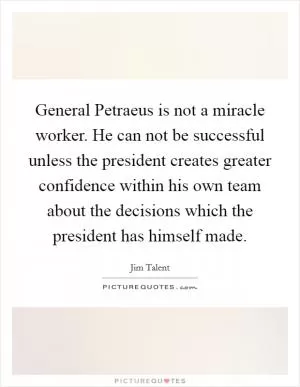
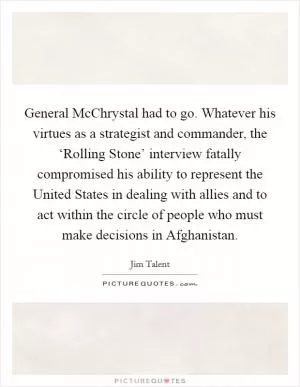

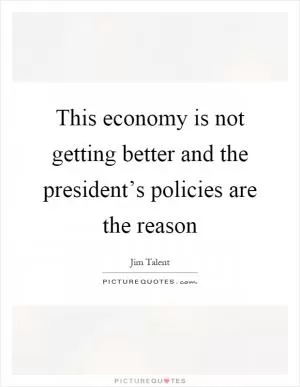
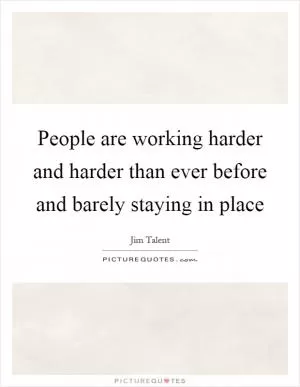
 Friendship Quotes
Friendship Quotes Love Quotes
Love Quotes Life Quotes
Life Quotes Funny Quotes
Funny Quotes Motivational Quotes
Motivational Quotes Inspirational Quotes
Inspirational Quotes